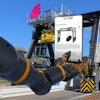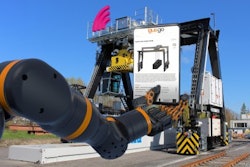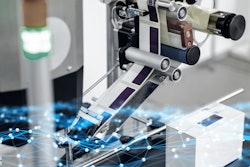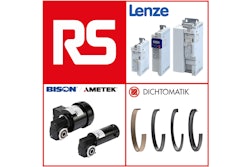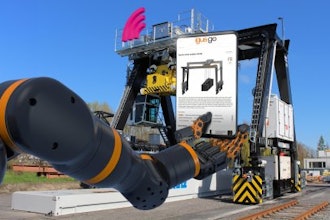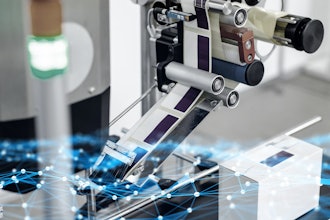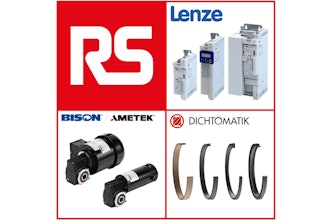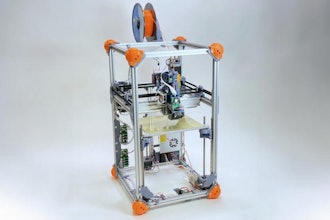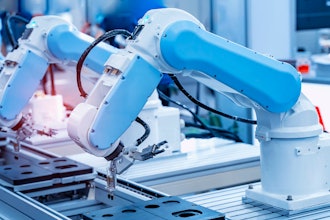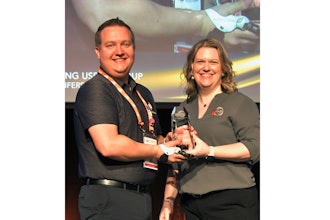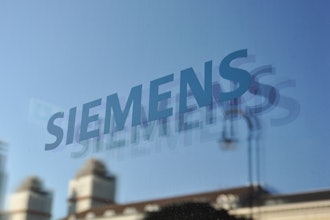TAIPEI, Taiwan (AP) -- Taiwan's government said it wants the island's ailing memory chip industry to choose between America's Micron Technology Inc. and Japan's Elpida Memory Inc. to help the chip makers consolidate and end a string of massive losses.
The island's six makers of DRAM, or dynamic random access memory, chips have suffered from a glut of supply as the global economic slump saps demand for electronics and machinery run with semiconductors.
"We will set up a strategic alliance with one of the two firms," the Economics Ministry said in a statement Thursday. "We don't rule out a merger if that helps us deepen cooperation."
Speaking at a Taipei news conference, Economics Minister Yiin Chii-ming said the government will help set up a company to integrate the local DRAM makers and invest in the designated foreign partner to acquire its patents and technology.
Yiin refused to disclose the extent of the government's proposed investment, but said it would constitute a minority share in the new venture, which would be called Taiwan Memory Company. John Hsuan of Taiwan's United Microelectronics Corp., the world's second-largest contract chip maker by revenue, has already been chosen to help organize it.
Taiwanese media have said officials favor Elpida because it offers better technology transfer terms. But Yiin said authorities have not yet made a decision.
Taiwanese officials have said both the Boise, Idaho-based Micron and Elpida are interested in a Taiwan deal because they believe it would help them solve credit problems.
Executives from both companies have visited Taiwan in the past month, but have refrained from commenting on the deal.
Elpida said Thursday it is studying the ministry's statement to decide whether to take part or not. No decision had been made, it said.
Appearing with Yiin, UMC's Hsuan acknowledged that it would be difficult to restructure Taiwan's DRAM industry, but said the foreign tie-up could give it a big boost by providing new exposure to advanced technologies.
"We hope to acquire intellectual property rights, increase our design capability ... to lift our competitiveness to the international level," he said.
Over the past two months, Taiwan's DRAM makers, including Powerchip, Nanya Technology and ProMOS Technologies have worked hard with the government on a restructuring plan.
ProMOS, the worst performing firm, asked for a government bailout last December after reporting a loss of $680 million in the first three quarters of 2008. Officials say they fear a bailout would only strain government finances without resolving the problems.
If the Taiwanese consolidation succeeds, it could eventually challenge South Korean DRAM makers Hynix Semiconductor and Samsung Electronics Co., which are major Taiwanese competitors.
AP Business Writer Yuri Kageyama in Tokyo contributed to this story.
